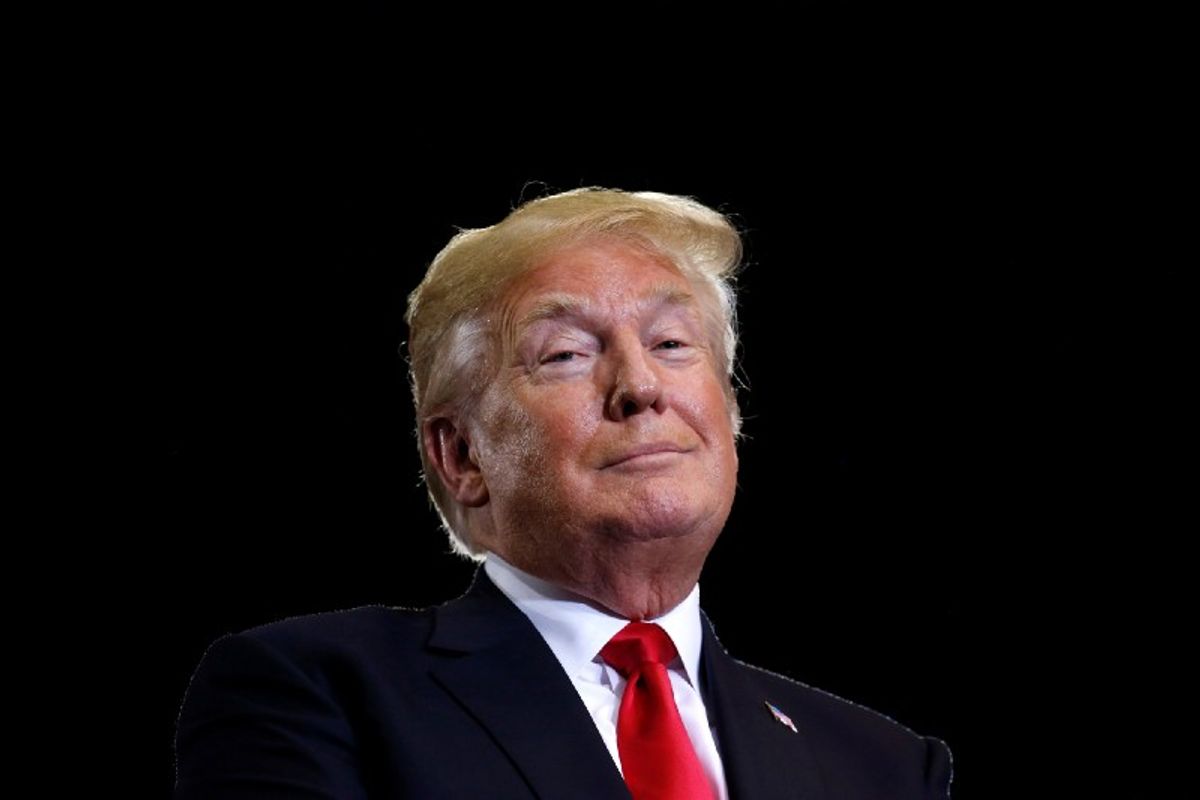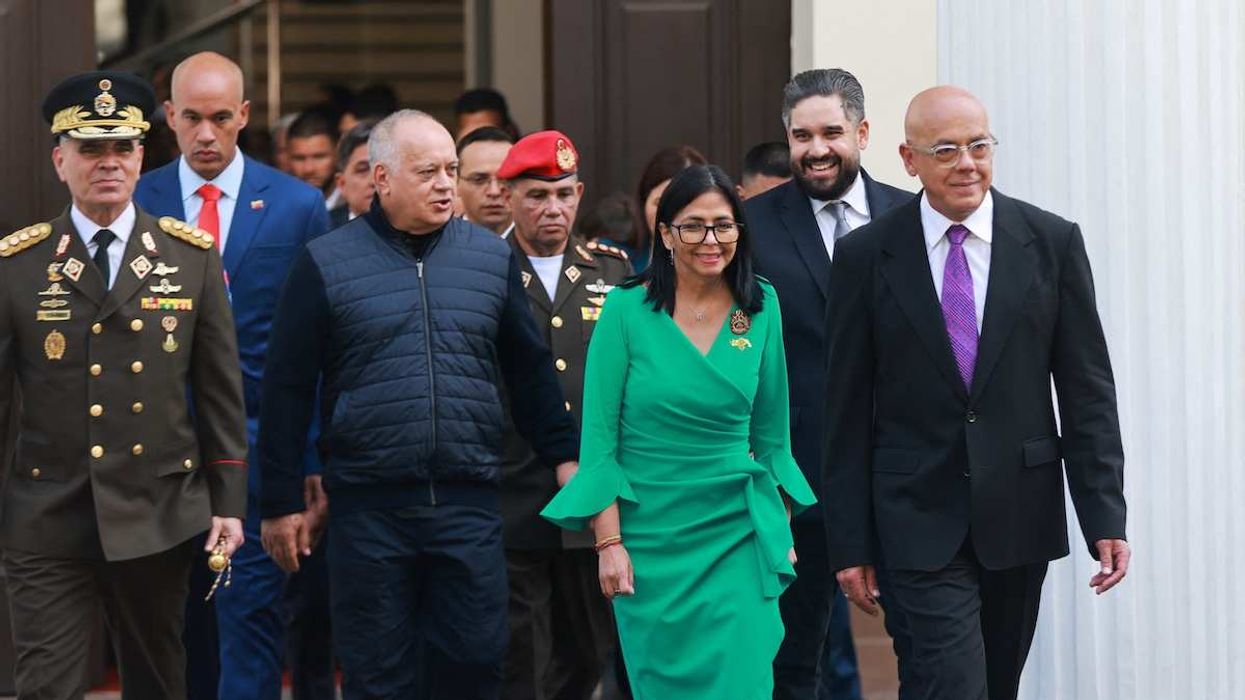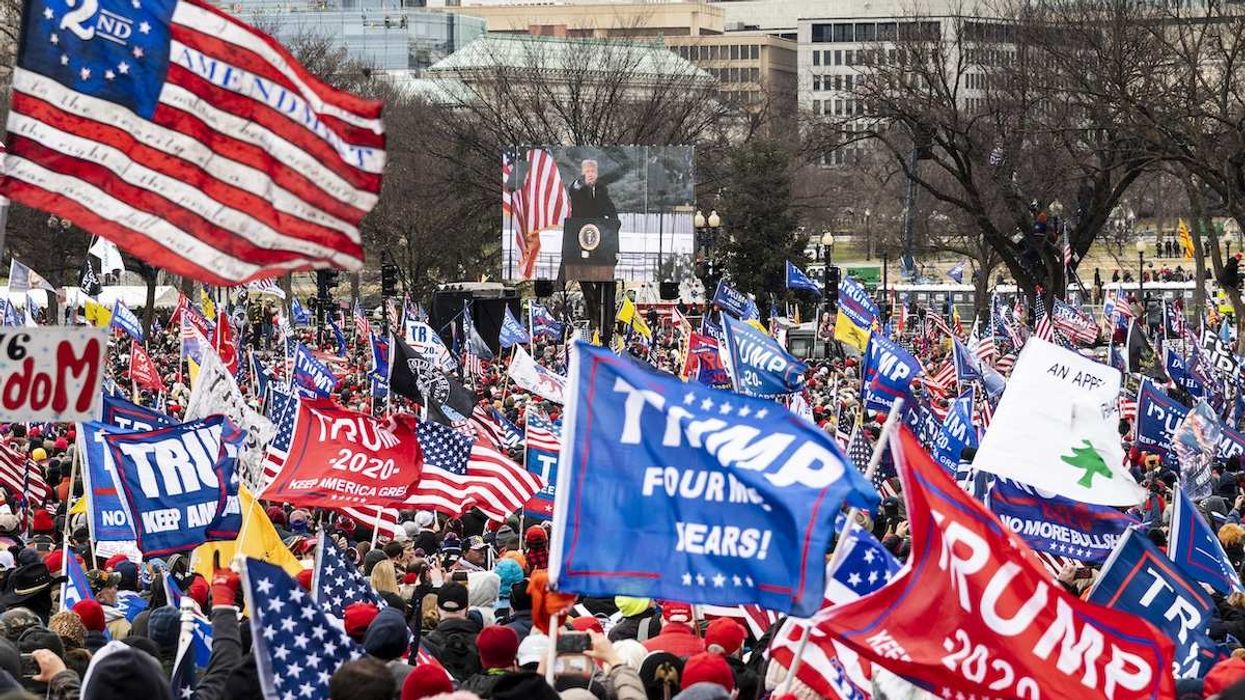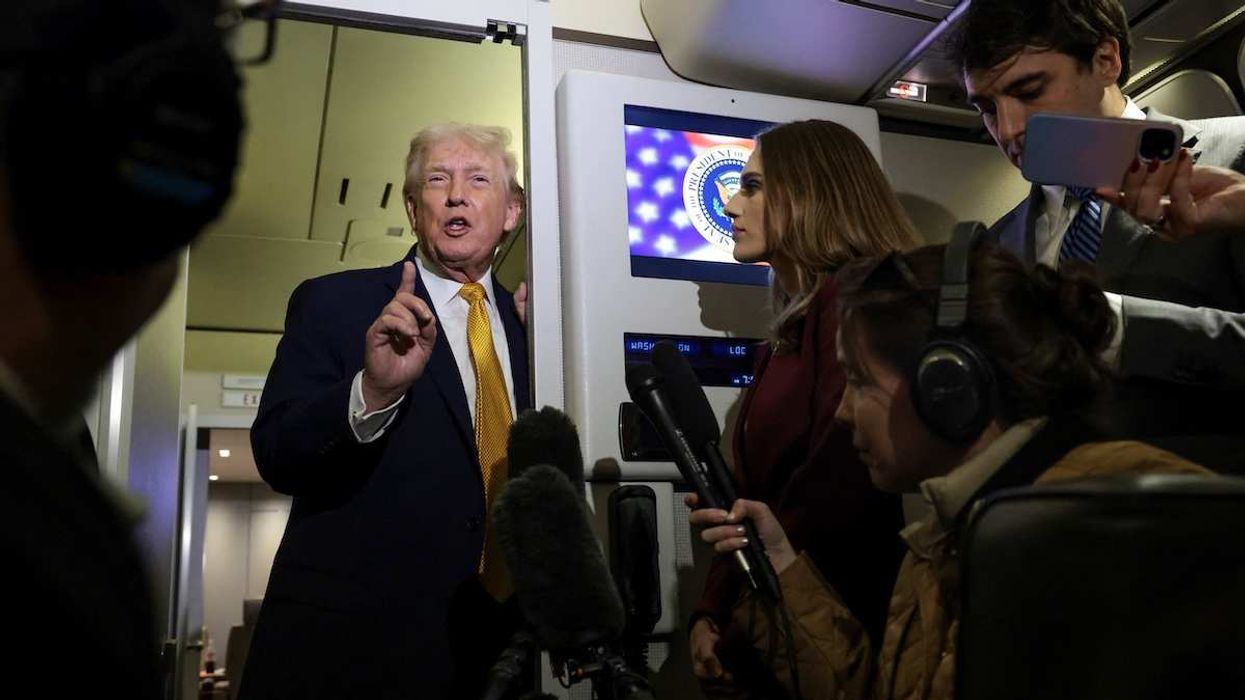The world moved one step closer toward a trade war last week, as the US implemented long-postponed tariffs against its allies (Mexico, Canada, and the EU). Why did the Trump administration finally decide to lower the hammer on Washington’s friends?
Simple, says my fellow Signalista Gabe Lipton. They’re easy targets.
In Mexico, outgoing incumbent President Pena Nieto faces an election next month in which his business-friendly party, the PRI, will likely experience its most crushing loss in decades. That means he’s under huge pressure to strike a NAFTA deal with Washington that safeguards Mexico’s long-term business interests before the election of leftist Andres Manuel Lopez Obrador, who could blow up the NAFTA talks entirely. With Pena Nieto over a barrel, Trump’s metals tariffs are designed to force Mexico to give away the store before Lopez Obrador has a chance to set up shop. Will it work?
For Canada’s Justin Trudeau, Trump’s tariffs pose a different political problem — getting baited into a trade war could hurt politically important industrial bases in Ontario and Quebec which rely on the US market, but responding too softly could hurt him with an electorate that deeply dislikes the US president. Trump knows Trudeau has a fine line to walk, and sees an opportunity to knock him off it, particularly since the heartthrob prime minister could suffer a political blow if Doug Ford (a populist businessman often compared to Trump), wins an election to run Ontario this week.
As for the EU, Trump knows full well that crafting a forceful and unified response to the US requires forging consensus among 28 countries, who are struggling to find unity on most things these days. What’s more, Europe’s abiding commitments to WTO rules (Quaint! Sad!) incline it to take a more deliberative and litigious approach to trade disputes that can get left in the dust by Trump’s norm-breaking executive actions. That said, if Trump follows through with proposed tariffs on European autos — which dwarf steel and aluminum as exports to the US — could the Europeans take a toothier approach?
The bottom line: For President Trump, going after US allies is way to ring up quick and dirty wins on an issue — trade — that’s popular with his base. Of course, that still leaves the challenge of facing down China, a competitor that enjoys greater economic heft, and far fewer political or economic constraints, than any of America’s soft target friends.


















